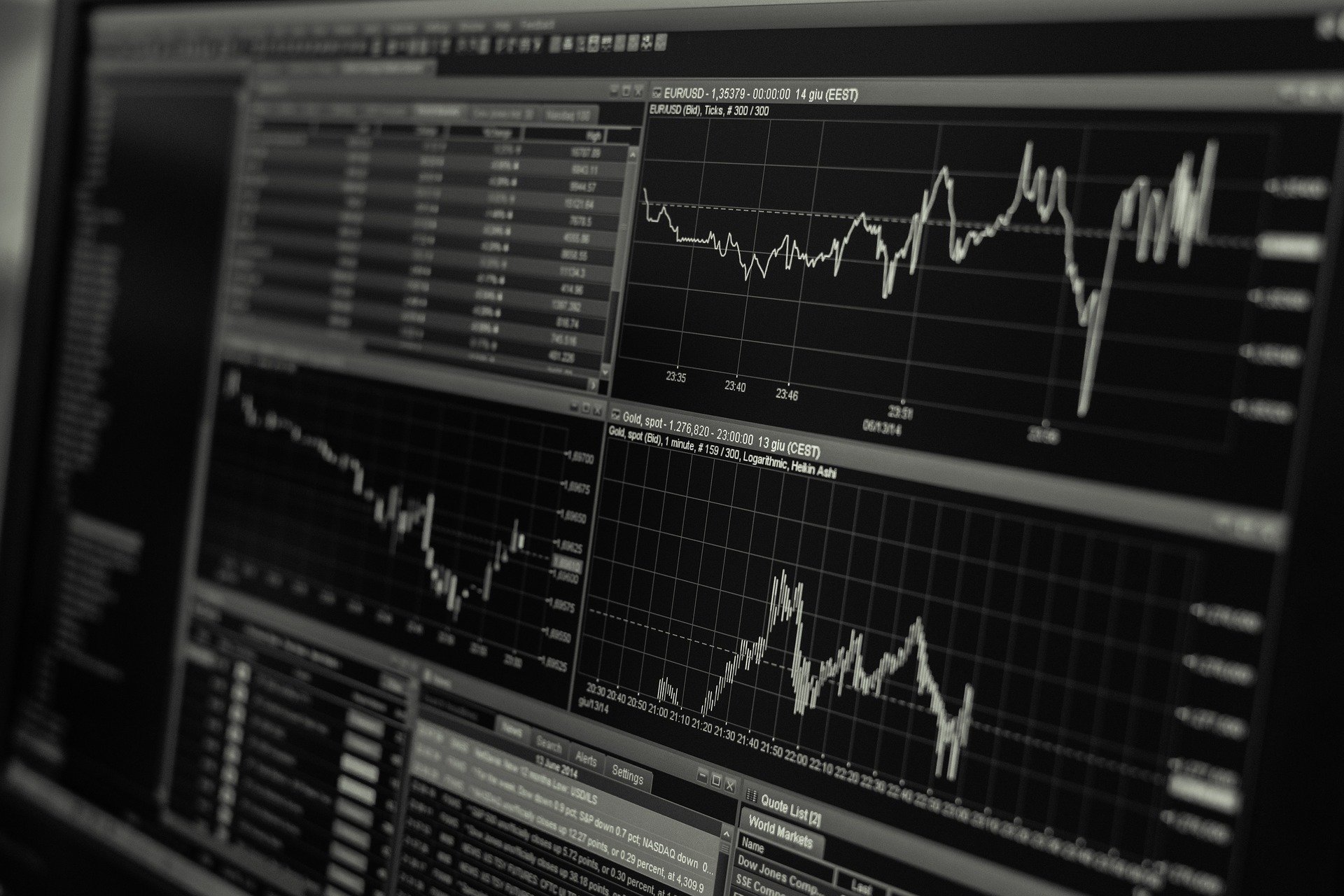Industrial sales in Poland in August increased by 10.9 percent compared to August a year before and rose 0.7 percent compared to July, according to Statistics Poland (GUS) data. Experts believe this indicates that a technical recession in the coming months in Poland is becoming less likely.
Mariusz Zielonka, economic expert at the Leviathan Confederation, said that “the result surprised economists and exceeded their expectations,” adding that Polish industry managed to adapt to the changing conditions of the market and decreasing demand.
“Retail sales data showed that we are consuming more and more perishable goods. The industry followed this trend,” Zielonka said. “Only the production of durable consumer goods has seen a decrease of 1.4 percent compared to last year,” he added.
The Polish economy recorded major production increases in two sectors. The first was coal extraction, which is the obvious result of increased demand and very high prices, which are strong incentives to increase production. Coal mining increased by 43.3 percent year-over-year.
The second sector, car manufacturing, increased production by 40 percent, which was due to a low base versus last year when the automotive industry experienced strong demand but a lack of availability of components. However, “on a monthly basis, the production of cars saw a serious decrease for the second time in a row. We finished August down 13.3 percent,” Zielonka explained.
However, severe challenges remain ahead, with inflation not only hitting consumers hard but also manufacturers, who seen input costs soaring higher. While input prices have stabilized, If they should rise from their current level, it will increase the chances of a recession.
“The industry is being affected by very high producer price inflation along with decreased consumer demand and exporting possibilities. While consumer inflation is over 16 percent, for entrepreneurs, it just reached 25 percent. Energy prices are increasing at the fastest rate,” the expert added.





